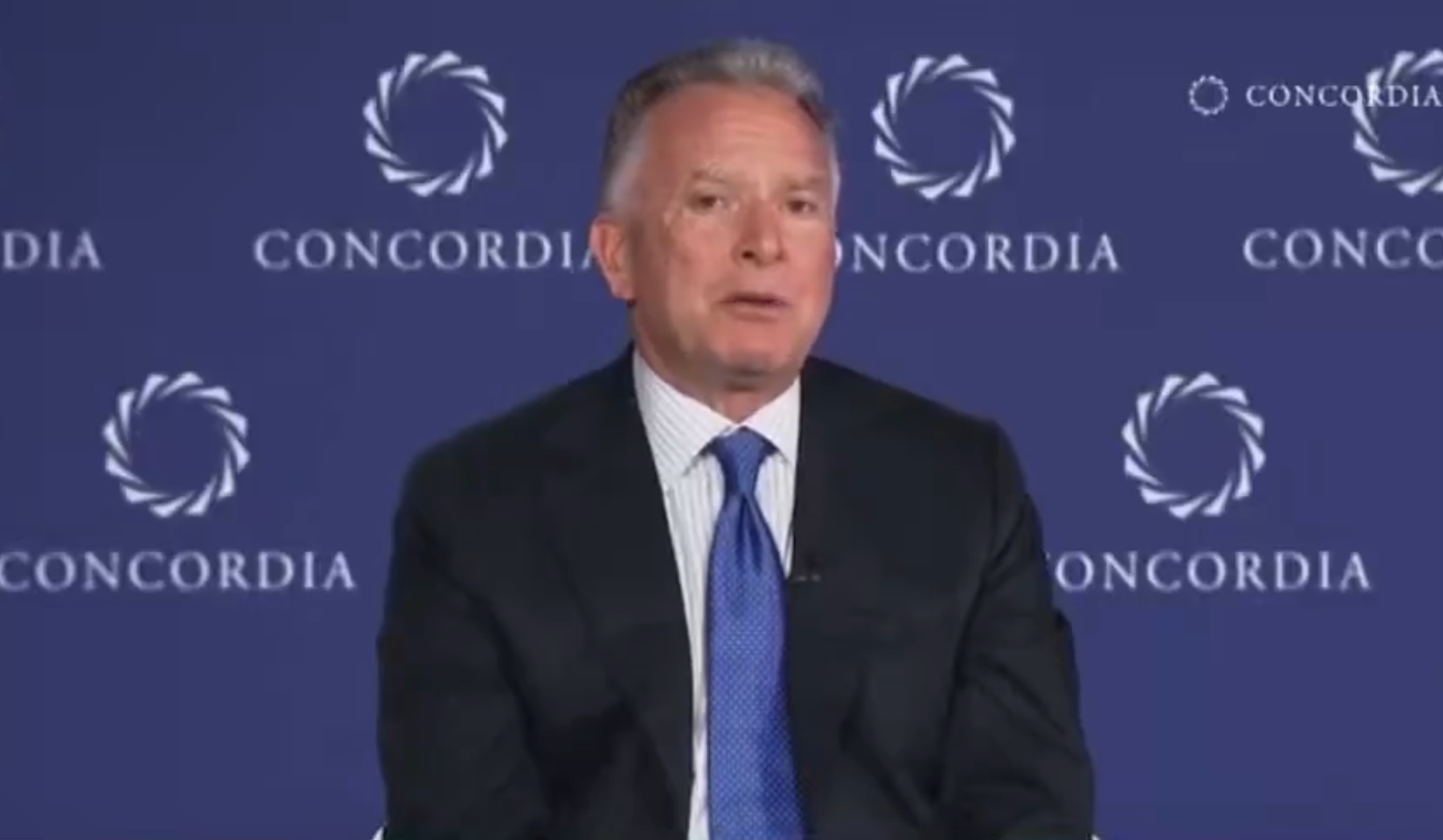U.S. President’s Special Envoy Steve Witkoff acknowledged that he frequently turns to Turkish officials for guidance on regional issues involving Azerbaijan, Armenia, and Ukraine. He made the remarks at the Concordia Summit in New York during a panel titled “Voices of Diplomacy: Shaping America’s Role in the World,” where he appeared alongside U.S. Ambassador to Turkey Tom Barrack.
Witkoff said he relies on Turkey’s Foreign Minister Hakan Fidan and National Intelligence Organization chief Ibrahim Kalin for their expertise, with consultations often facilitated through Barrack. Witkoff referred to both officials as “important people” when discussing regional processes.
“I might end up facing a problem in Azerbaijan or Armenia, or it could be a Ukrainian issue,” Witkoff said. “The gentlemen I’m referring to in Türkiye are experts in these areas, and I am encouraged by the Trump administration, this is how it works. For example, I call Tom and ask, ‘What is Ibrahim’s opinion on this issue?’ I could give many similar examples.” He added that there had been “numerous examples of success” resulting from these contacts.
Turkey’s involvement in the region is particularly concerning given its continued denial of the Armenian Genocide, combined with extensive military support to Azerbaijan, including weapons and drones, during Azerbaijan’s 2020 war against Armenia and Artsakh, and again in 2023, when Azerbaijani forces carried out the ethnic cleansing of over 100,000 Armenians from Artsakh (Nagorno-Karabakh).
During the same panel discussion, Barrack stated that Turkish President Recep Tayyip Erdo?an “likes Steve Witkoff” and added that former U.S. President Donald Trump was the one who “gave legitimacy to Erdo?an.”
In March, it was reported that Witkoff had traveled to Baku as part of his visit to Moscow for discussions. By July, Barrack was publicly addressing ongoing regional disputes, pointing specifically to the long-standing quarrel over a stretch of road. “They are arguing over 32 kilometers of road, but this is no trivial matter. It has dragged on for a decade — 32 kilometers of road,” he told journalists during a briefing in New York. “So what happens is that America steps in and says: ‘Okay, we’ll take it over. Give us the 32 kilometers of road on a hundred-year lease, and you can all share it.’”
The following month, in August, Azerbaijani President Ilham Aliyev and Armenian Prime Minister Nikol Pashinyan met in Washington, where they initialed a peace deal and agreed to launch the U.S.-brokered Trump Route for International Peace and Prosperity (TRIPP) as part of an effort to resolve the dispute over the 32-kilometer corridor. Around the same time, Turkey’s Foreign Minister publicly claimed that a peace treaty between Yerevan and Baku would be signed in the first half of next year — a statement that the Armenian side did not confirm.
With the Turkish ambassador being the first to announce the plan for the so-called Zangezur corridor, and Witkoff admitting that he regularly turns to Turkish officials on Armenia and Azerbaijan, it underscores Ankara’s outsized influence in shaping a project that directly affects Armenia — despite its record of genocide denial, military backing of Azerbaijan, and role in Artsakh’s ethnic cleansing.


